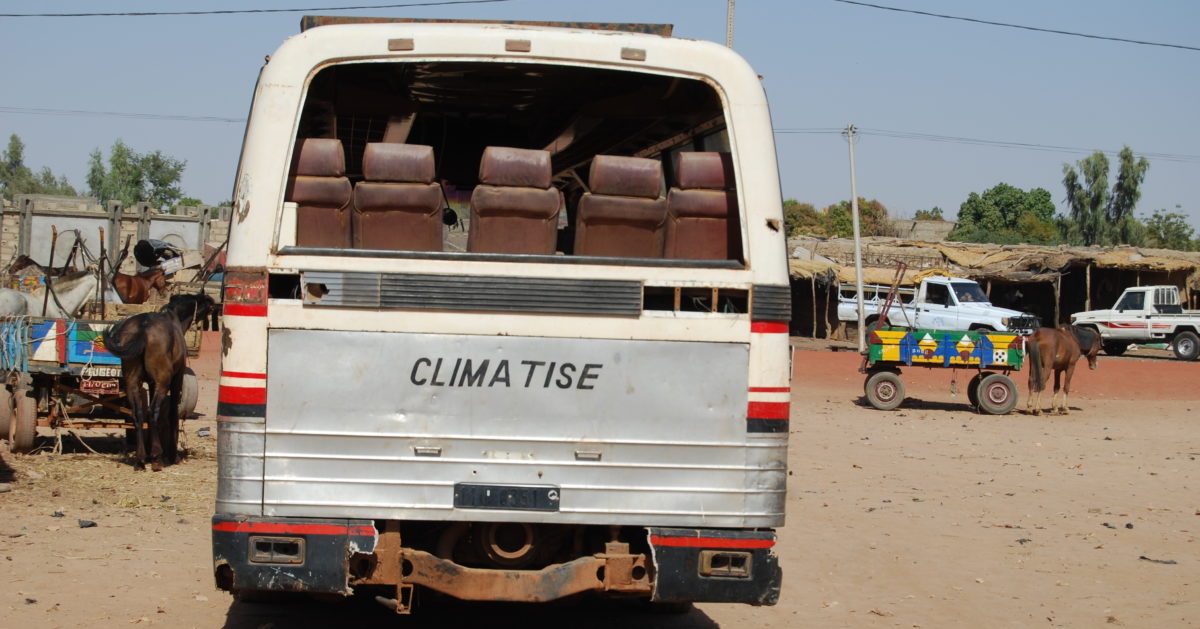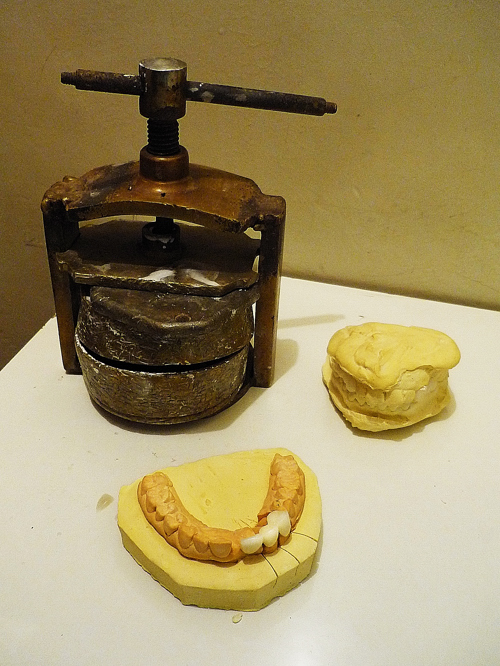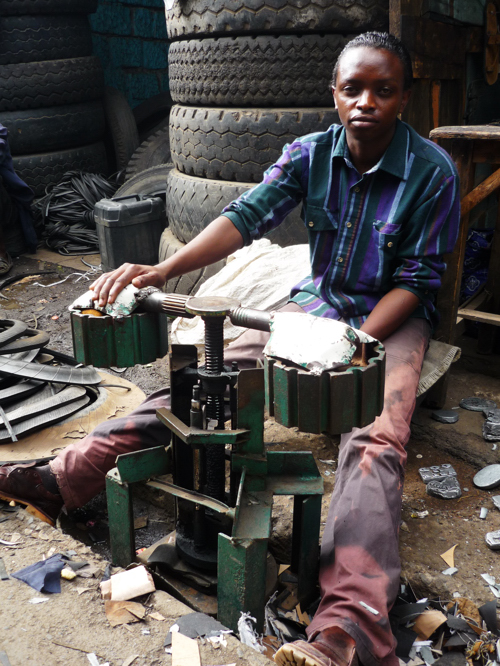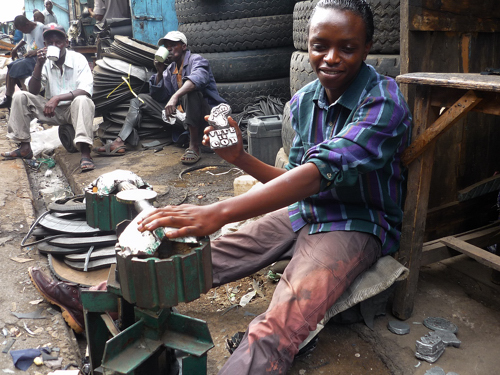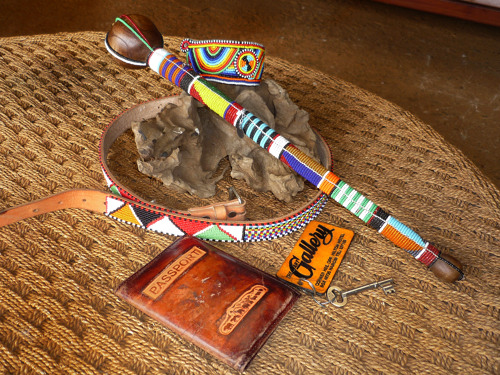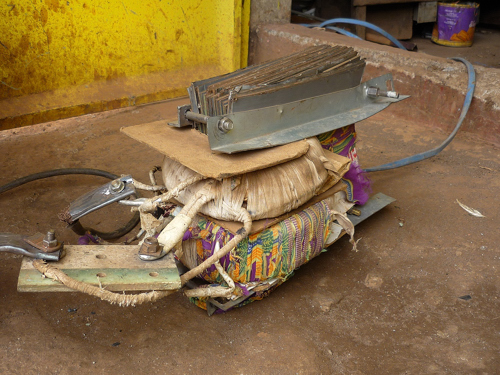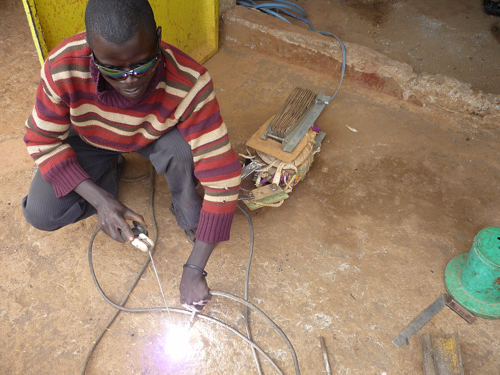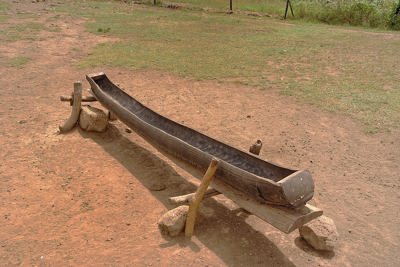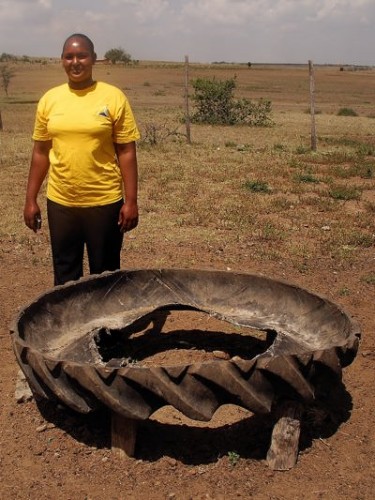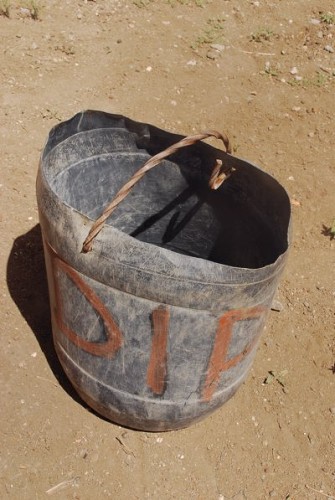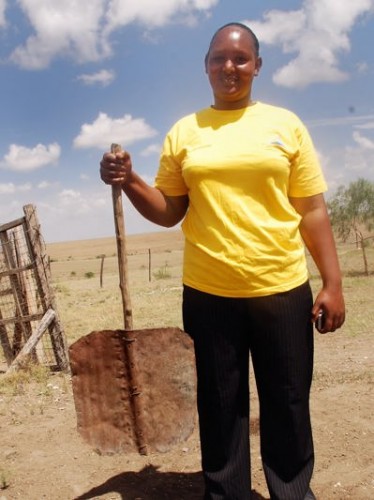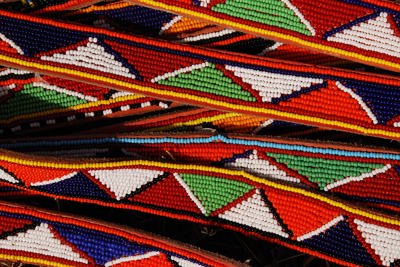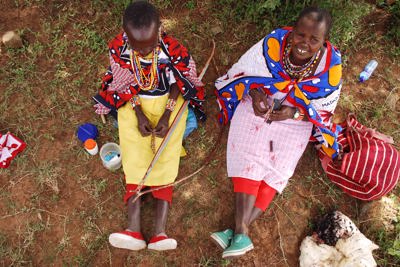Our dear friend Bill, who already provided us with this great story on Cameroonian Bamboo Magic, recently also posted another story on the metal workers – les forgerons – in Cameroon on his private blog:
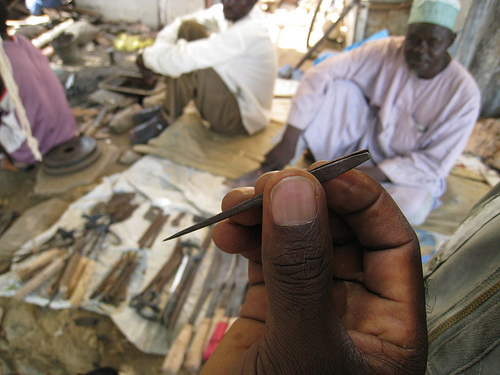
Tweezers (source)
On the outskirts of Maroua, the capital of the Extreme North of Cameroon, is a place quite unlike any other in the country. Here a community of les forgerons—blacksmiths, or metalworkers—practice their craft in the relative cool of a tree grove. Several dozen men with specialized skills are gathered here for a single purpose: to transform piles of scrap iron into finely finished tools, stoves, replacement parts and other useful implements for sale to the local population. Young apprentices learn the craft while operating bellows or shaping wood for tool handles. The production here is performed entirely by hand and on a scale which must be seen to be fully appreciated. ….
Head on over to his blog for the full post: The Extraordinary Makers of Maroua

